Above is an analysis of the innovations and impacts of technology on agricultural products from coconut trees by Dr. Le Hoai Quoc, Chairman of the Ho Chi Minh City Automation Association at the seminar "Enhancing the coconut value chain in the trend of greening the economy ", on December 13.
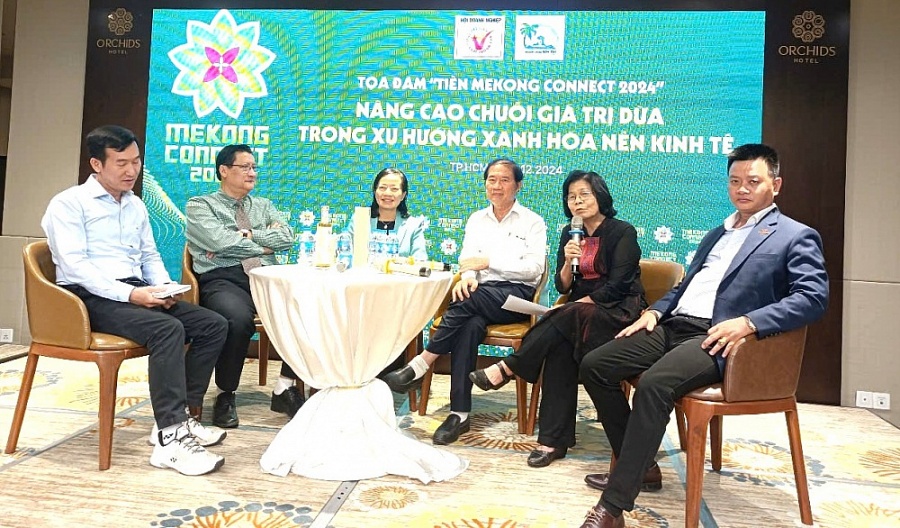 |
| Mekong Connect 2024 Seminar on Enhancing Coconut Value Chain in the Green Economy Trend |
The seminar with the above topic was organized by the Association of High-Quality Vietnamese Goods Enterprises in collaboration with the Ben Tre Business Club in Ho Chi Minh City (HBBC) to prepare for the Mekong Connect Forum 2024. This is one of the important activities in the series of events before Mekong Connect 2024, the seminar not only has the meaning of kick-starting but also is a specific action, affirming the determination to implement green initiatives, sustainable development in the economic sector of the Mekong Delta region.
Currently, the Vietnamese coconut industry covers an area of nearly 200,000 hectares and is becoming one of the key economic sectors in the Mekong Delta provinces and the Central Coast provinces. The coconut industry has grown strongly, reaching more than 900 million USD in 2023 and is expected to exceed 1 billion USD in 2024. In recent times, the coconut industry has made positive strides such as the US and Europe approving Vietnamese coconuts, along with the negotiation process with China on official exports, creating a great premise for market expansion and sustainable development of the coconut industry.
Coconut is one of the 6 crops included in the Project on developing key industrial crops by 2030 issued by the Ministry of Agriculture and Rural Development under Decision No. 431/QD-BNN-TT in 2024. The project aims to have a coconut area of about 195,000 - 210,000 hectares by 2030; the key coconut growing area in the Mekong Delta is about 170,000 - 175,000 hectares, the South Central Coast area is 16,000 - 20,000 hectares, the remaining 9,000 - 15,000 hectares are planted in the provinces of the North Central and Southeast regions...
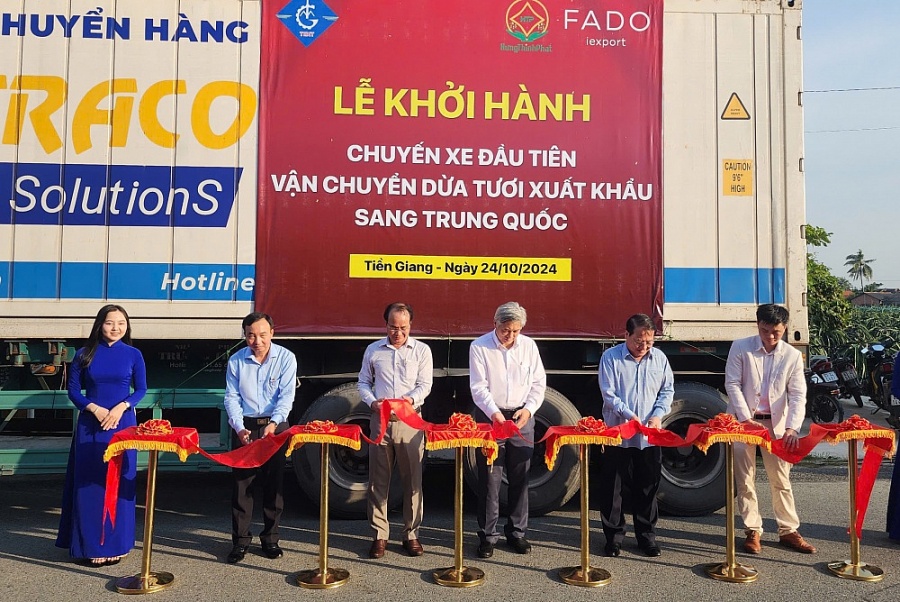 |
| The first coconut containers transported by train for official export to China |
Sharing his perspective on coconut export and logistics, Mr. Nguyen Phong Phu, Deputy Technical Director of Vina T&T Group, said that Vietnam has advantages in growing areas with high and stable output, and is located in the center of a large market area. Not to mention the advantages in seaports and roads with large warehouses. According to Mr. Phu, China is still the largest market for Vietnamese coconuts. China currently only buys small quantities of fresh coconuts, but they import large quantities of dried coconuts and coconut milk. A Chinese enterprise can buy 5-10 containers of coconut milk, 1 container of coconut milk is equivalent to 100,000 fresh coconuts, which is a very large quantity.
Talking about the difficulties in exporting coconut, Mr. Nguyen Phong Phu said that coconut is very difficult to preserve, during the transportation process with dry coconut, especially for units exporting to Europe and the US. Strict preservation requirements for preservation during long-distance transportation. Next are the strict quality standards from the European and US markets, as well as the growing area codes with the Chinese market. The situation of buying and selling growing area codes in the coconut industry and agricultural exports is seriously affecting the reputation and competitiveness of Vietnam in the international market, especially the Chinese market. Some businesses or individuals have committed fraudulent acts such as selling or renting growing area codes, falsifying the origin of products. This will negatively affect the reputation of the country, violations in growing area codes can lead to importing countries, especially China, tightening control, even suspending imports from Vietnam.
“To overcome difficulties in exporting, businesses need to invest in preservation and transportation technology. In addition, it is necessary to train farmers in planting and harvesting techniques, which requires policies from the state as well as non-profit organizations... At the same time, it is necessary to strengthen quality control and seek new markets and diversify products. Large businesses will have different channels, while small companies need to participate in fairs abroad and promote with potential customers around the world...", Mr. Phu suggested.
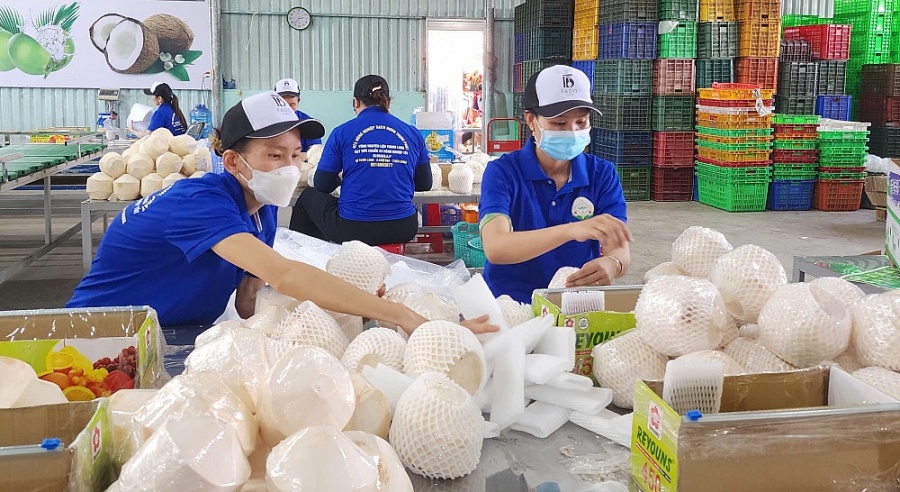 |
| Vietnam's coconut industry is gradually transforming to meet the increasingly stringent requirements of a green economy. |
Regarding sustainable production of coconut trees, Dr. Le Hoai Quoc said that the global coconut industry is concentrated in a few countries, with the Philippines, Indonesia and India accounting for nearly 75% of total production. Vietnam ranks 6th among countries with high coconut production. However, coconut production is vulnerable to climate impacts, such as the Philippines, where after typhoons, coconut production dropped by up to 10% in recent years. To combat these problems, researchers are developing climate-adapted coconut varieties that can withstand drought, pests and extreme weather. The goal is to increase yield stability and reduce losses, ensuring the industry can meet global demand, which is expected to increase by 5% annually due to growing consumer interest in coconut products.
According to Dr. Le Hoai Quoc, sustainability is essential for the future of coconut farming. Traditional farming methods are being augmented with agroforestry, where coconuts are grown alongside other crops such as cocoa and coffee. This not only improves soil health but also increases farmers’ incomes by diversifying their crops. Organic coconut farming is on the rise, with the organic market expected to grow by 7% per year. In regions such as India, which produces more than 20 billion coconuts per year, these practices are helping to protect the environment while meeting consumer demand for organic products. “The future of coconut farming depends on embracing innovation and sustainability. In this future, smallholder farmers are the backbone of this process. They are the ones who need support, from changing perceptions to supporting technology and seed transfer,” said Dr. Le Hoai Quoc.
“Speaking specifically of coconuts, we now have to find a way to increase their value. How can a coconut be sold for a high price like the Japanese and Thai sell oranges and rambutans? That is one aspect, the other aspect is to develop more deeply processed products from coconuts. Research and find ways to exploit the medicinal values of coconuts from local experiences and knowledge, creating a unique feature from Ben Tre coconuts that cannot be found anywhere else. That is something that we, especially businesses and large businesses, must pay attention to,” said Dr. Huynh Ky Tran, CEO of Lan Hao Cosmetics Production Company Limited (Thorakao), Chairman of the Ben Tre Business Club in Ho Chi Minh City.



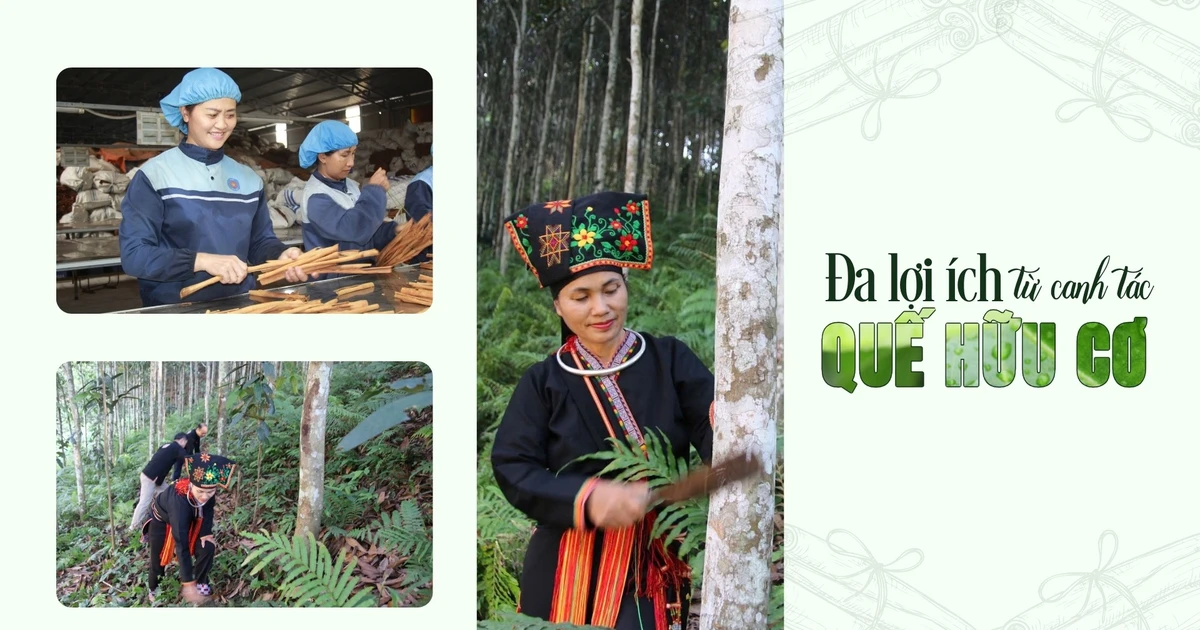

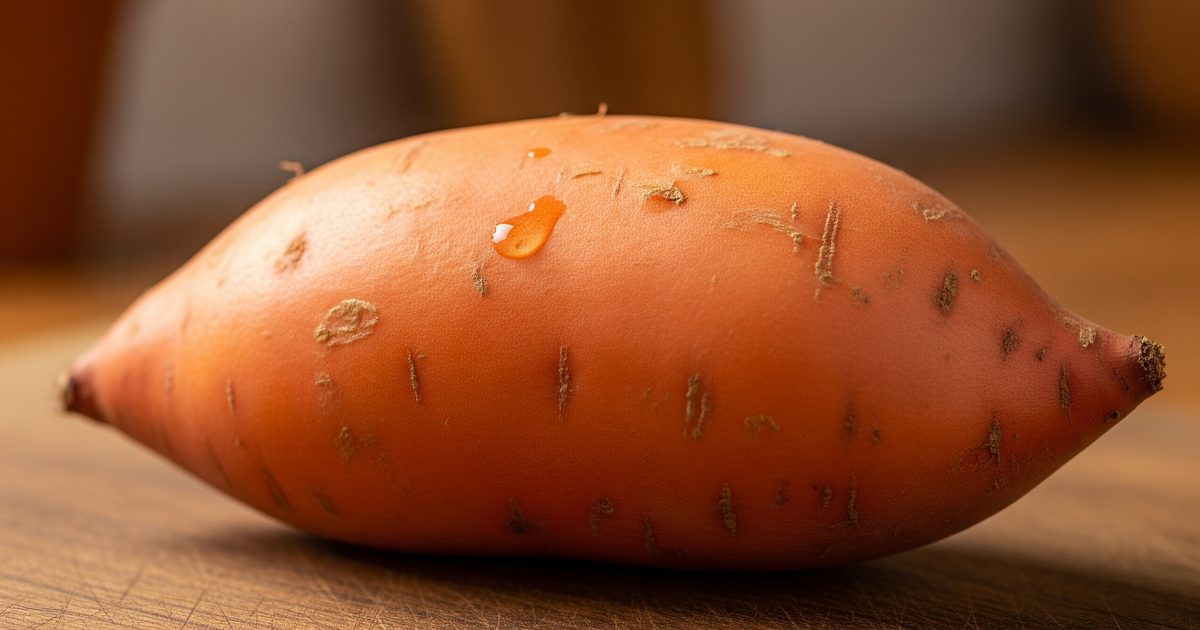
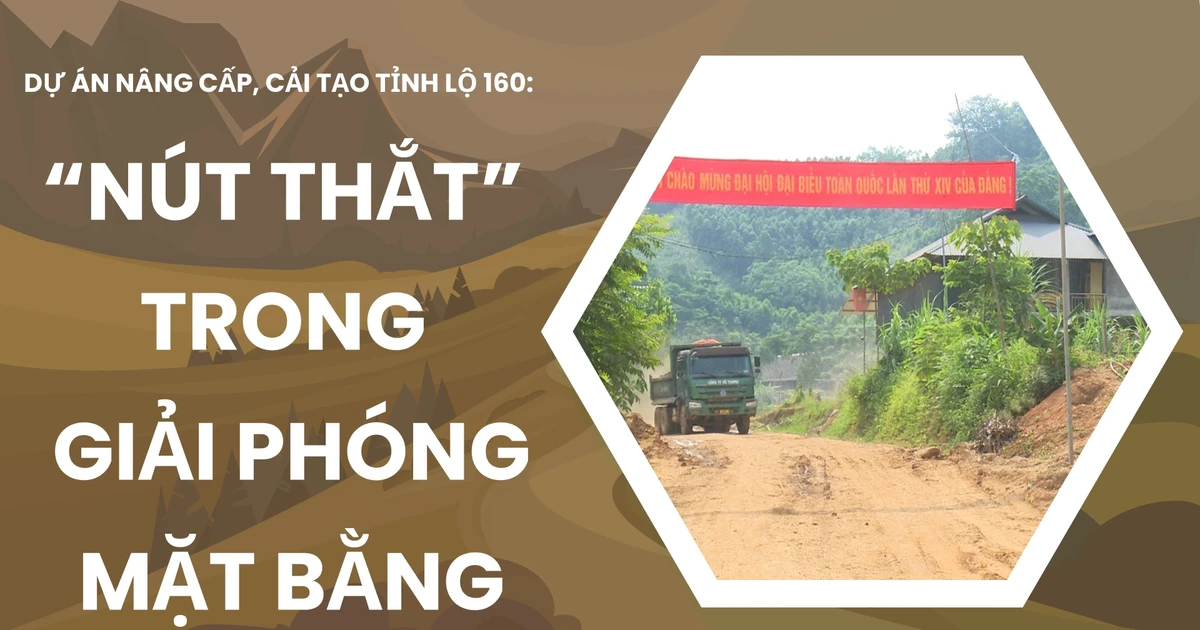

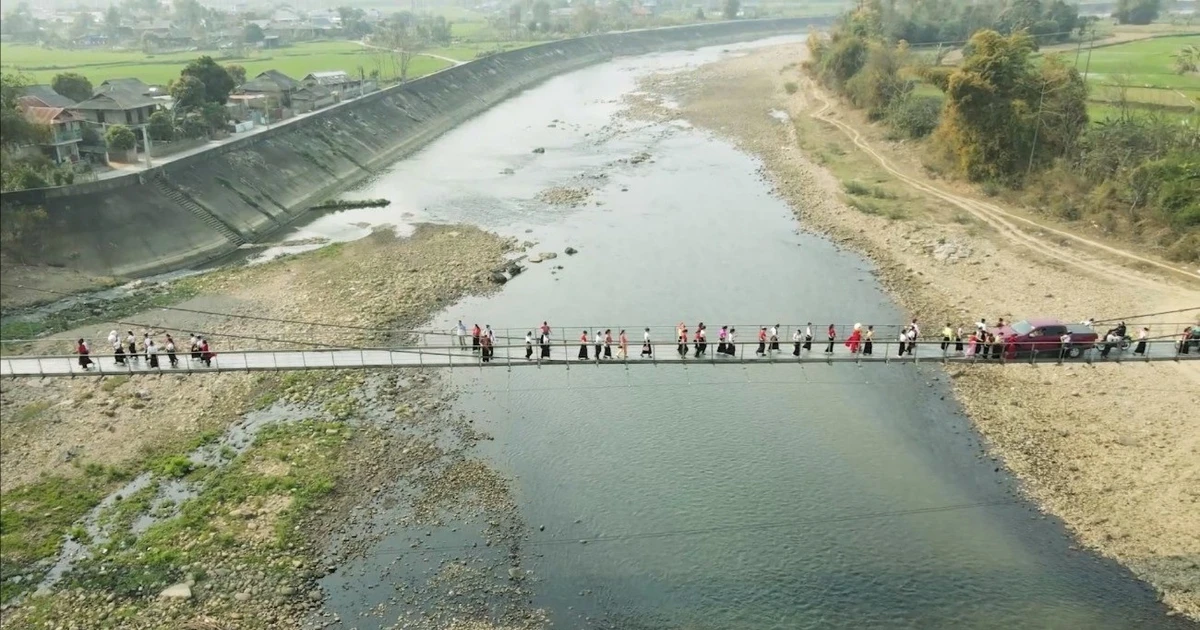
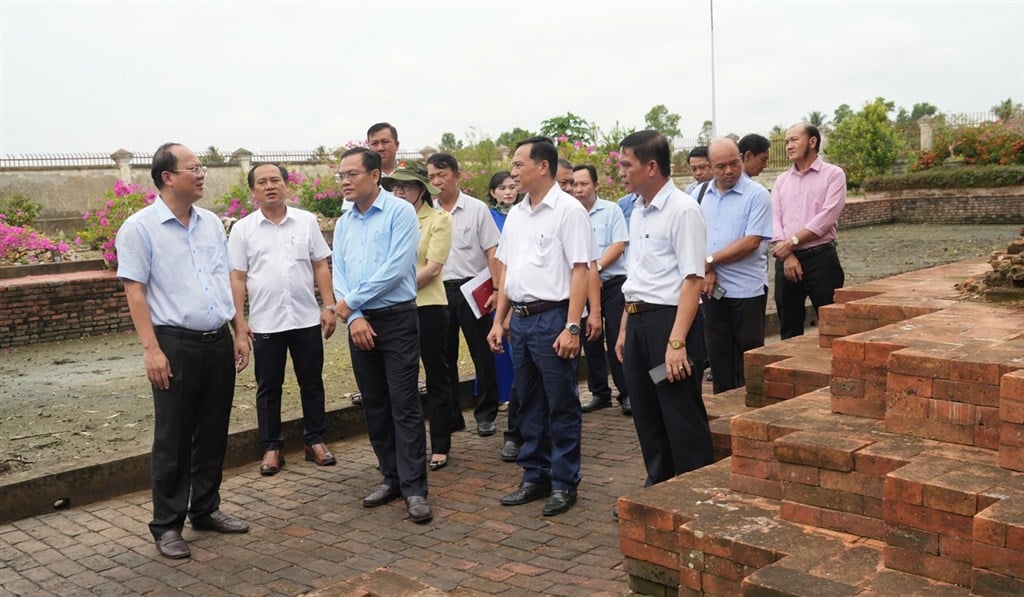


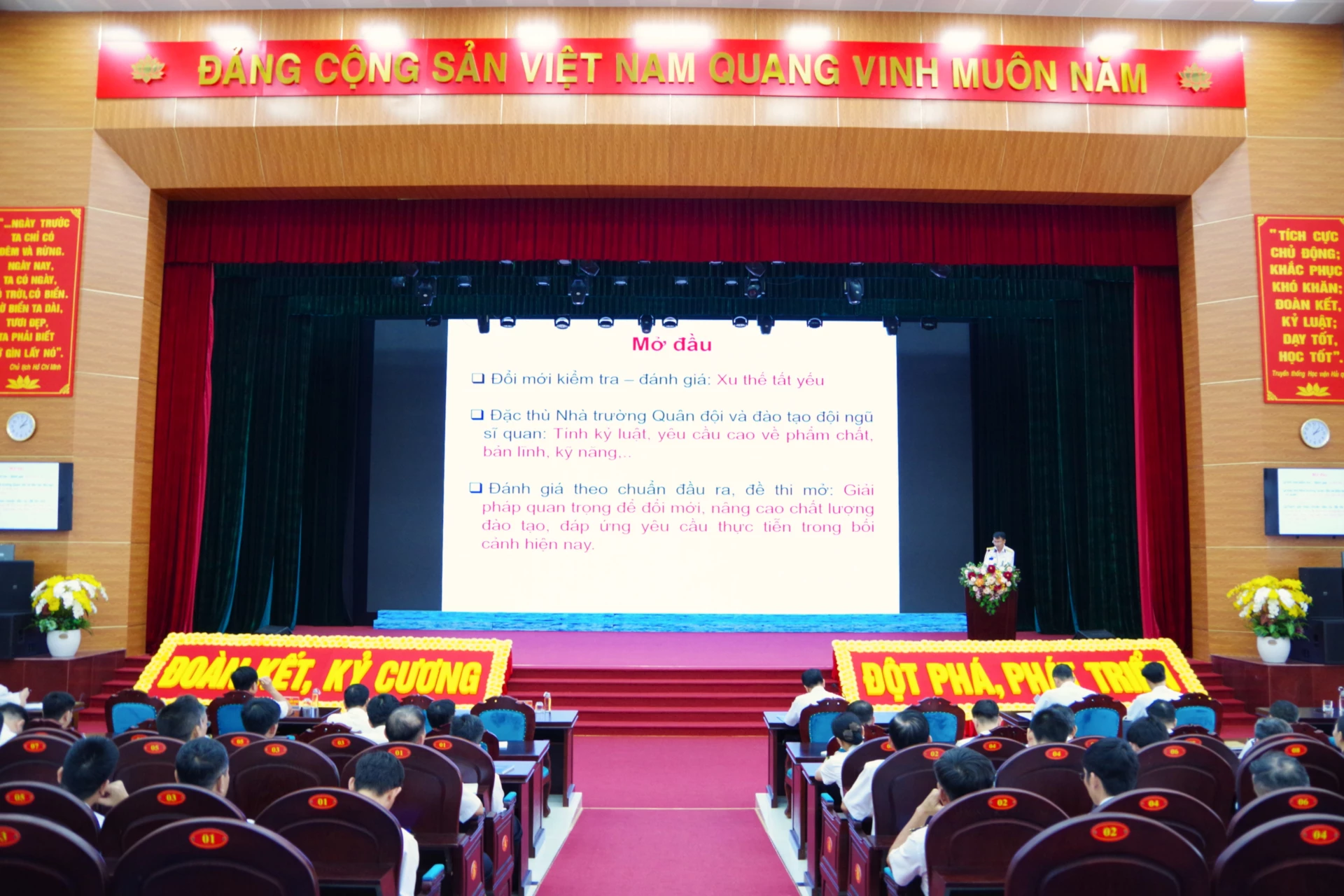















![[Photo] An Phu intersection project connecting Ho Chi Minh City-Long Thanh-Dau Giay expressway behind schedule](https://vstatic.vietnam.vn/vietnam/resource/IMAGE/2025/8/21/1ad80e9dd8944150bb72e6c49ecc7e08)



































![[Photo] Politburo works with the Standing Committee of Hanoi Party Committee and Ho Chi Minh City Party Committee](https://vstatic.vietnam.vn/vietnam/resource/IMAGE/2025/8/21/4f3460337a6045e7847d50d38704355d)

































Comment (0)